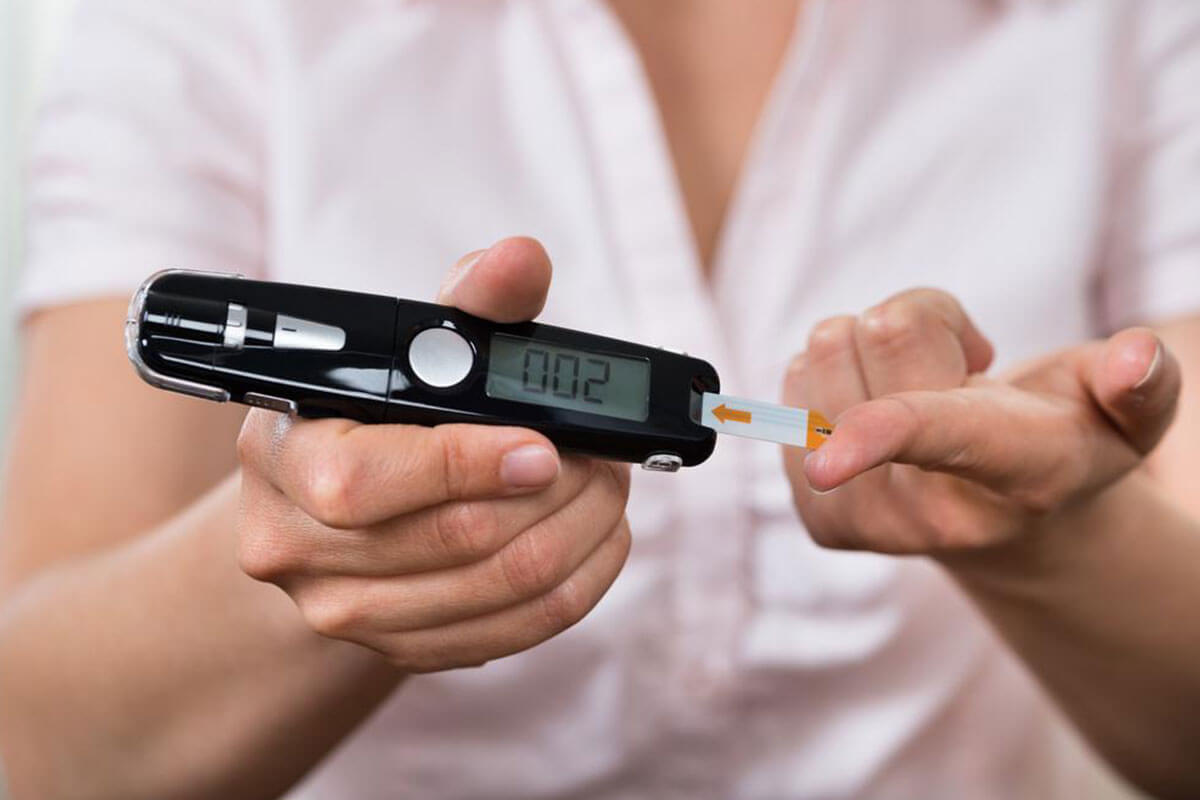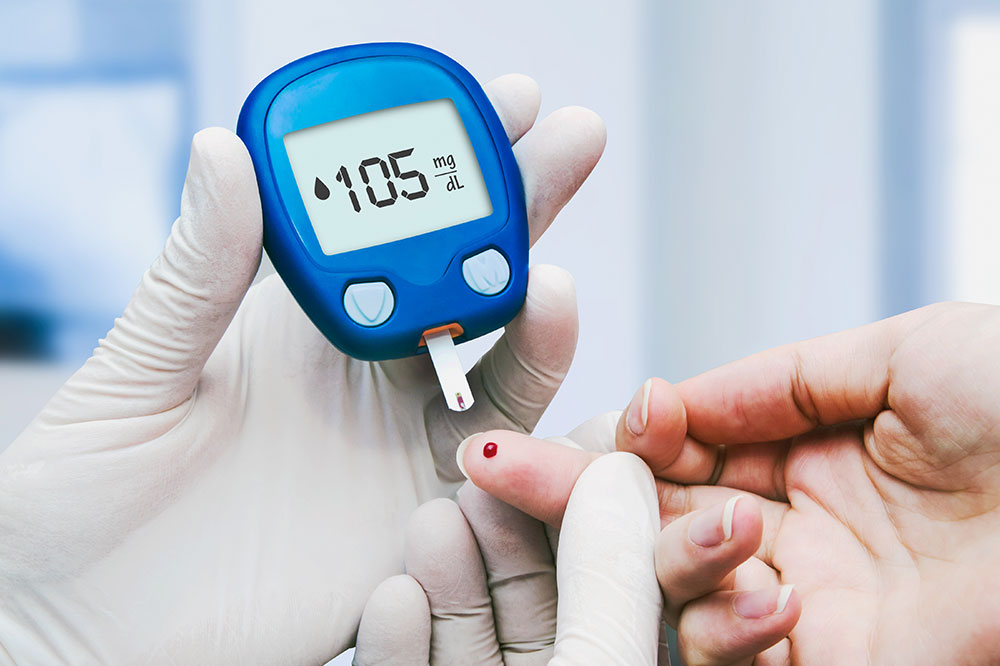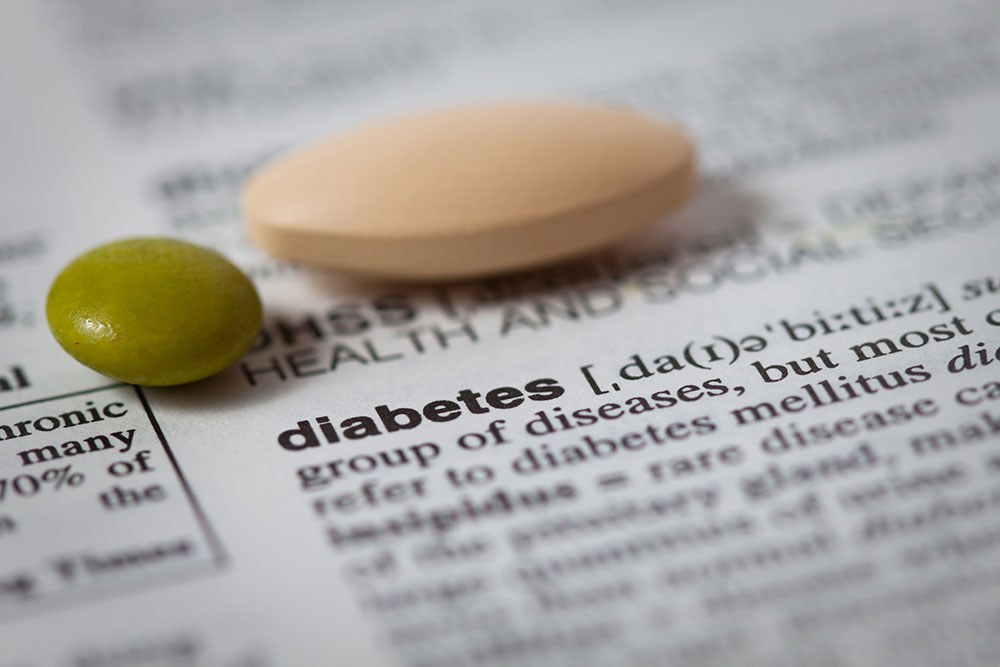Understanding the Connection Between Diabetes and Erectile Dysfunction
This article explores the link between diabetes and erectile dysfunction, emphasizing the importance of blood sugar control to prevent sexual health issues. It covers symptoms, causes, and treatment options, highlighting lifestyle changes and medical interventions to improve quality of life for diabetics experiencing ED.
Sponsored

Historically, erectile dysfunction (ED) was often overlooked as a complication of diabetes. Recently, the incidence of diabetes-related ED has risen, highlighting the importance of recognizing how diabetes impacts sexual health in both men and women.
Men with uncontrolled diabetes are particularly susceptible to ED, with approximately 75% experiencing some degree of sexual dysfunction over time. This condition involves difficulty initiating or maintaining an erection suitable for sexual activity.
Diabetes-induced ED occurs due to nerve and blood vessel damage, hindering blood flow necessary for an erection. This affects both genders, with women experiencing vaginal dryness and discomfort. High blood sugar levels can reduce testosterone production in men, decreasing libido, while nerve damage causes pain and sensation issues, complicating sexual activity. Other factors like high cholesterol, hypertension, smoking, alcohol, stress, and medications further contribute. Effective management includes lifestyle changes, medications, device therapies, and regular screenings to maintain blood sugar control and prevent nerve or vascular damage.
The key to preventing and treating diabetes-related sexual dysfunction is proactive healthcare, healthy lifestyle choices, and early intervention. Regular medical check-ups, especially monitoring blood sugar levels through A1C tests, are vital. Consulting specialists can help customize treatment and restore sexual health for those affected.






